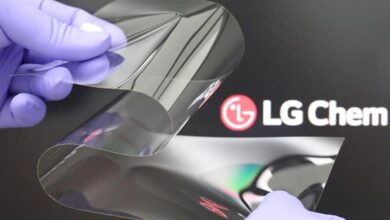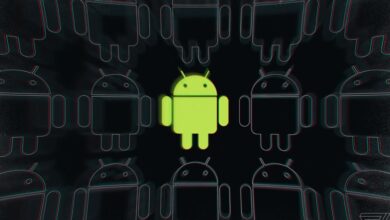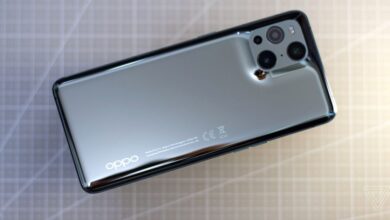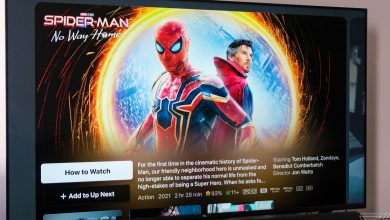Codename: Urban Legends is a taste of what Niantic thinks 5G could do for AR gaming
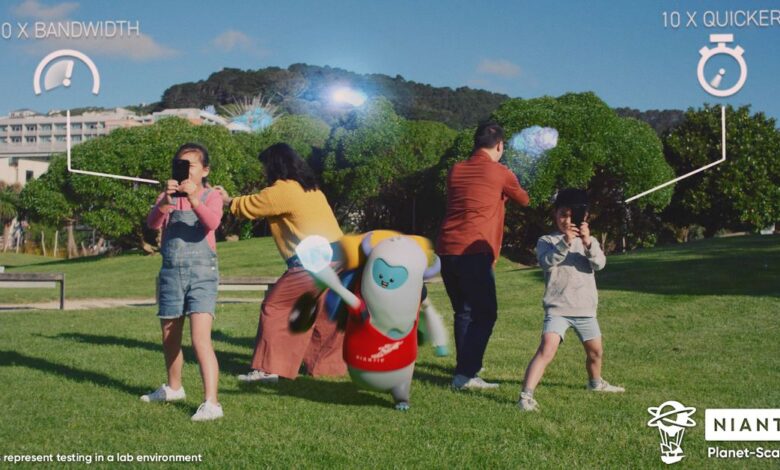
[ad_1]
Pokémon Go developer Niantic has unveiled Codename: Urban Legends, which it describes as “a multiplayer demo experience that offers a glimpse into the future of AR and 5G networks.” The game revolves around casting magic spells to kill monsters and rescue allies. It’s similar to Niantic’s previously released games, but the trailer includes a unique feature: multiple players interacting with the same augmented reality creatures from their own phones. Niantic says it’s just a demo at the moment and not for general consumer use.
It’s an exciting shift from Niantic’s previously released games like Pokémon Go, and the company says this is largely thanks to 5G. Although its games have had multiplayer elements, for the most part each player exists in their own augmented reality worlds. For example, while the same pokémon appear on the map for every player in Pokémon Go, each player can only view and interact with their own creatures in AR. In other words, you can’t throw a pokéball to catch someone else’s augmented reality pokémon. (Pokémon Go has a limited shared AR experience mode where you can see other players’ pokémon but not interact with them).
Codename: Urban Legends isbuilt on the same platform that underpins the augmented reality games Ingress, Pokémon Go, and Harry Potter: Wizards Unite. Niantic hopes that AR gaming will be 5G’s “killer app,” benefiting from its higher speeds, lower latency, and ability to keep lots of people’s phones connected to the internet in a crowd.
Niantic says that carriers from its Planet-Scale AR Alliance — an organization formed of over half a dozen carriers around the world aimed at developing augmented reality 5G experiences — have been network testing the game. These include Germany’s Deutsche Telekom, Globe Telecom in the Philippines, and Verizon in the US. Niantic formed the alliance last year to promote and develop augmented reality experiences for 5G.
Although it’s a cool demo, Codename: Urban Legends’ reliance on 5G risks replicating some of the geographical issues that affected Pokémon Go. 5G coverage is currently concentrated in cities, meaning players living in more rural areas risk losing out (Codename: Urban Legends works on both Sub-6GHz and mmWave variants of 5G). It was a similar situation when city-dwelling Pokémon Go players benefited from having more pokéstops and gyms compared to players out in the countryside.
Today’s announcement doesn’t say when the demo might turn into a real game or on which phones it runs. However, Niantic tells us the game will be exclusive to its carrier partners’ customers once it releases.
Codename: Urban Legends is an interesting tech demo, and it has the potential to expand on Pokémon Go’s augmented reality features in some interesting ways. We just want to know when players will be able to dive in.
[ad_2]
Source link


